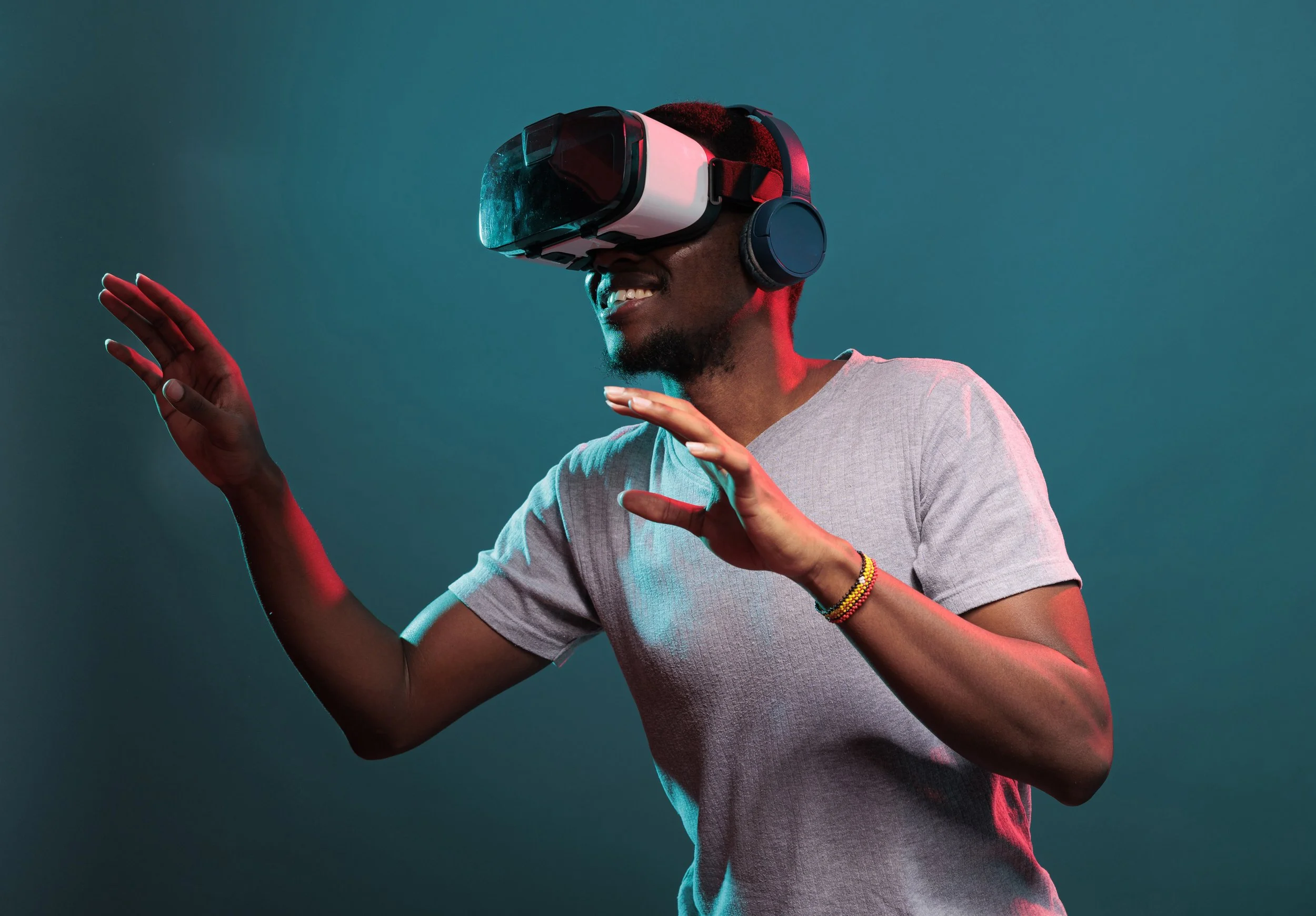What are we hopeful for? What are we worried about?
Design is a tool, used to solve problems and improve lives. Design can also lead to unintended consequences where users could become frustrated, exploited or harmed.
We negotiate between what we hope will happen and what we worry will happen.
Art vs art and science
Design isn't just what things look like, it's what problems are solved for people.
Designers may decorate, decorators don't design.
Categories vs narratives
Taxidermists get told how their job must be fascinating and then people quickly change the subject.
It's easier for people when things fall under simple categories.
Teledriving: alternative to autonomous vehicles and Uber
Vay's transportation service is similar to Uber, but the car doesn't arrive with a driver nor is it self-driving.
Vehicles are driven by someone remotely until they arrive to you. Then you drive to your destination and the car is remotely driven to the next person.
User-centered design for animals
Bird feeders aren't really for birds, they're for people to watch birds.
Cats are just as happy with their new scratching post as they are with the box it came in.
Dog clothes are chosen by people for aesthetic reasons, not because they decided to dress like a delicious hot dog.
“Where do you get your ideas?”
Both writing and design start with questions: "What if," for the author, and "How might," for the designer.
Art and design differ in function and expression, but there's always a matter of intention to create an experience.
Disney’s HoloTile: innovative platform from Lanny Smoot
The HoloTile floor is a dynamic interface designed to make virtual reality more immersive.
It was invented by Disney Imagineer, Lanny Smoot, who has 106 patents and was recently inducted into the National Inventors Hall of Fame, joining Thomas Edison, Nikola Tesla and Walt Disney.
Resealable bags and press-to-close pants
Press-to-close zippers on Ziploc bags were originally intended for clothing.
Borge Madsen envisioned pants zippers using interlocking plastic tracks, but this proved impractical. Not knowing what to do with his invention, he sold his zipper patent to a father and son, Max and Steven Ausnit, who formed Flexigrip, Inc in the 1960s.
Sustainable products that are better for your wallet
A set of laundry dryer balls last about 3 years for roughly the same price as a box of dryer sheets that last 3 months at best.
Sustainable products have a stigma of being less convenient and more expensive. We are living through a shift where sustainable options are catching up to previously common ones and even exceeding them. Here are more examples:
Learning curve pains can lead to UX gains
Smartphone gesture navigation reduces clutter on your phone's display, but it's unintuitive at first.
Most smartphones include the option to navigate through either buttons or gestures. Switching to gestures increases navigation efficiency and display size.
Ergonomics to holistic usability experience
40 years ago, if you asked many designers about their products' usability, they would probably talk about function and ergonomics.
Usability has since evolved to include all facets of space between people and things. This includes consideration of senses, cognition and feelings.
Bendy straws: invented with screws and dental floss
Somewhere around 3000 B.C. people figured out how to make drinking straws out of wood and even from gold.
We believe the reason straws were invented was to prevent people from drinking unwanted particles which settle at the bottom of cups holding fermented drinks.
Subjective nature
Ask 6 people and you'll get 8 opinions on many designs.
Designers know that feedback comes fast, but rarely unanimous. Few people have used the Humane AI Pin or Apple Vision Pro, yet many people have opinions on them.
Paper clips, staples and tacks
The design of paper clips, staples and tacks haven't budged much in over 100 years.
Their simple designs solve fundamental problems perfectly. Good design doesn't always need dramatic reinvention to stay relevant and valuable.
Product features you might not know
Dishwashers
Residue on your dishes after washing may mean that you are using too much soap. If you have hard water, fill the soap dispenser more; if you have soft water, fill it to the line on the dispenser.
Toothbrushes
Colored bristles on some toothbrushes wear down slightly faster than the white ones, letting you know to buy a new one soon.
KONG dog toy
The original KONG dog toy stemmed from a discarded car part.
Joe Markham's retired police dog, Fritz, wouldn't stop chewing rocks. Fritz easily tore up all of the dog toys Joe gave him and kept going back to rocks.
Frit, the black dots on windows
The little black dots surrounding some windows and windshields are called frit.
Frit serves a few purposes. It's enamel that's baked into glass to create a textured surface that improves the adhesive bond between the glass and frame. It helps by distributing heat and protecting the bond from exposure to the sun which weakens the adhesive.
Design intuition
Do visualizations of user data illuminate hidden aspects of user behavior, or are aspects emphasized because they're easy to visualize?
You can count steps and limit calories, but your health probably won't improve if those calories consist entirely of donuts every day for months on end.



















